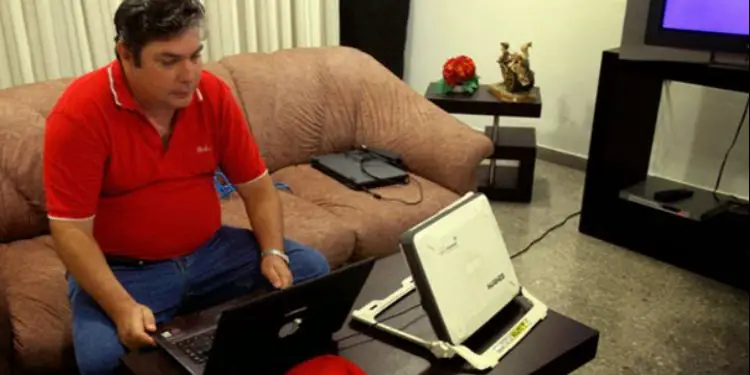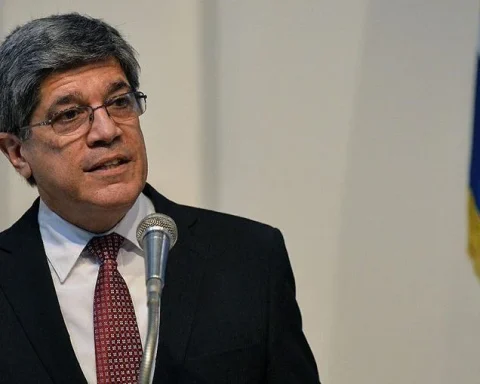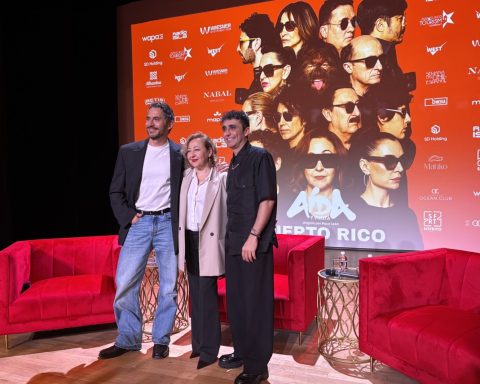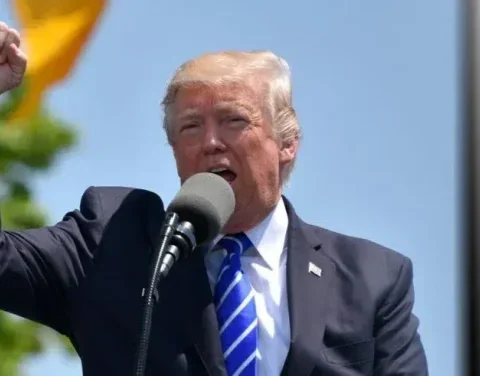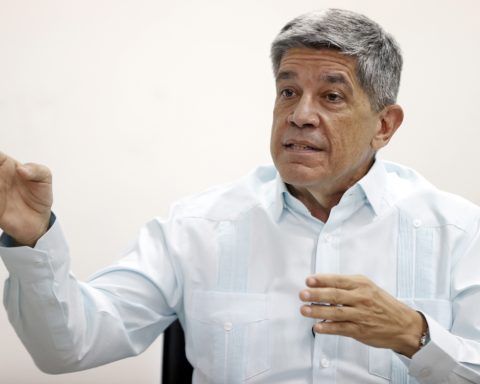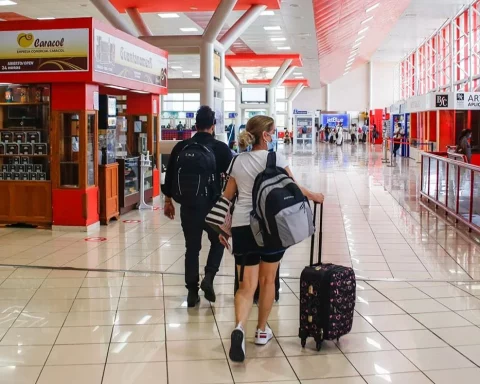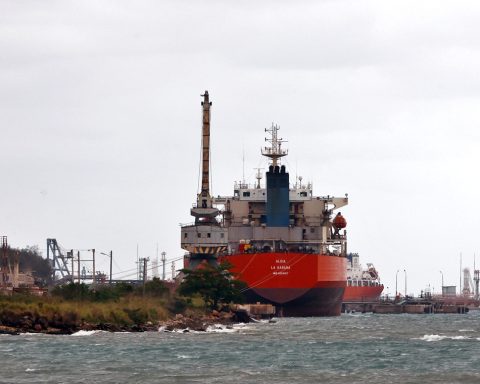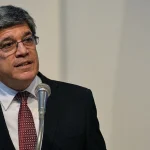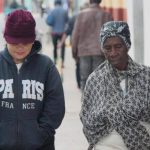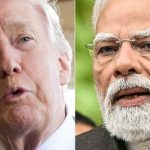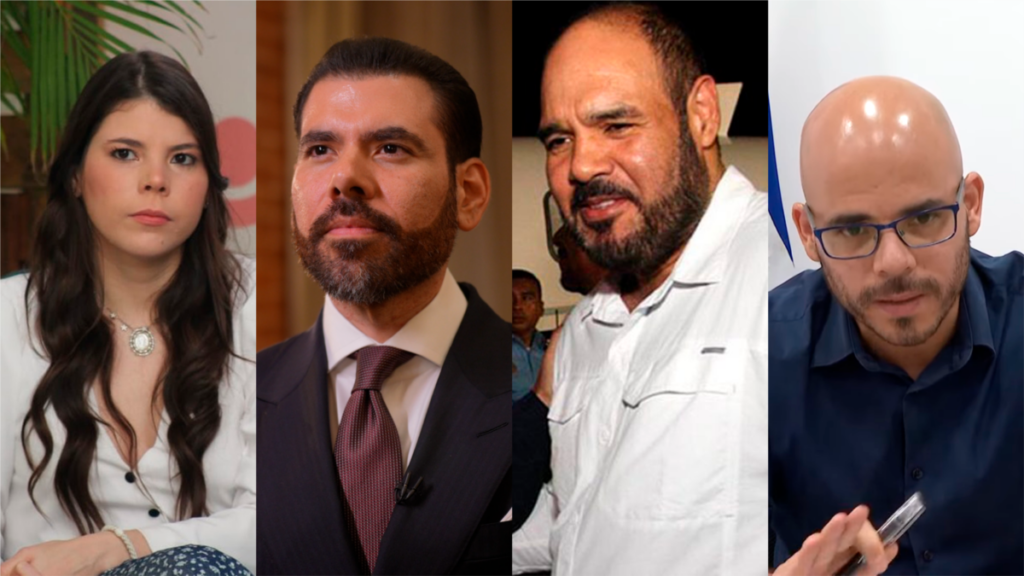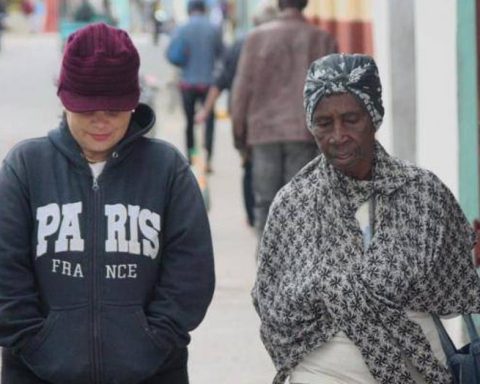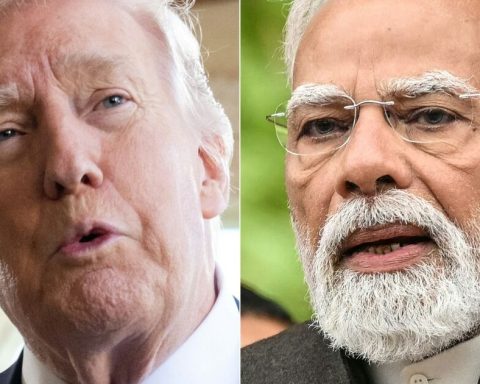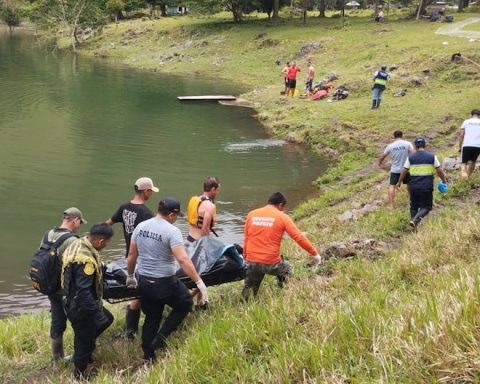Havana Cuba. – One time a joker from my neighborhood, upon noticing the worried face of a student who had to take an exam for the History of Cuba subject, he told him: “Don’t fight with that test, boy. Blame the United States for all the problems that existed and continue to exist in this country, and you will see how they give you 100 points on that test.
It is more or less in this context that a recent article of the former State Security agent, and today a regular contributor to the daily GranmaRaul Antonio Capote.
The writer undertakes it against all the attitudes of the American neighbor during the independence struggles carried out by the Cubans in the 19th century. At times due to the non-involvement of the United States in these disputes, and at other times accusing Washington of being an interventionist and hijacking our independence. As we say in good Cuban, “sticks because you are bogas, and sticks because you are not bogas”.
Mr. Capote censures what he describes as “a passive or hostile attitude towards the insurgency”, maintained by the United States during the war of 1968, unlike other Latin American republics that recognized the belligerence of the Cubans.
Referring to the 1995 war and the US intervention in it, he points out that “the aid from the north ended with the military occupation, and the victory for which they had fought for 30 long years was taken from the Cuban people.”
The author of the article hides several truths. In the first place, it says nothing about the enthusiasm with which the vast majority of Cuban mambises contemplated the military intervention of the United States in the war against Spain -not to be confused with the military occupation after the war-, which they considered decisive for the defeat of the colonialists.
Secondly, Capote ignores the Joint Resolution of the US Congress in 1898, which guaranteed that, in the end, with or without military occupation, Cuba would be free and independent.
On the other hand, former agent Capote ignores that the United States constituted a true rearguard for the Cuban independence fighters, the same in the 1968 conflict as in the 1995 conflict. Most of the expeditions that brought weapons, supplies to Cuba, were prepared on US soil and fighters for the emancipatory struggle. And also in the territory of that country, José Martí was able to create a newspaper and found a political party to organize the independence forces.
At the end of his article, Mr. Capote, by writing that “for more than 50 years, Washington controlled the economy and politics of Cuba,” implies that the Island was a colony of the United States, one of the favorite arguments that official historians use.
Those who think this way overlook the fact that, after the repeal of the Platt Amendment in 1934, all the political chains that tied Cuba to its neighbor to the north were broken.
The most reliable proof that Cuba was no longer a colony was the triumph of the Castro revolution in 1959. Because a metropolis does not allow a political process that is adverse to it to take place in its colony. The Soviet Union, for example, crushed with blood and fire the libertarian attempts in Hungary, in 1956, and in Czechoslovakia, in 1968. Those were true Kremlin colonies.
In short, reality indicates that the phrase of the guy from my neighborhood transcends the frames of the joke and is in tune with that aberrant adulteration of history carried out by the Castro authorities and their unconditional pawns.
OPINION ARTICLE
The opinions expressed in this article are the sole responsibility of the person who issues them and do not necessarily represent the opinion of CubaNet.
